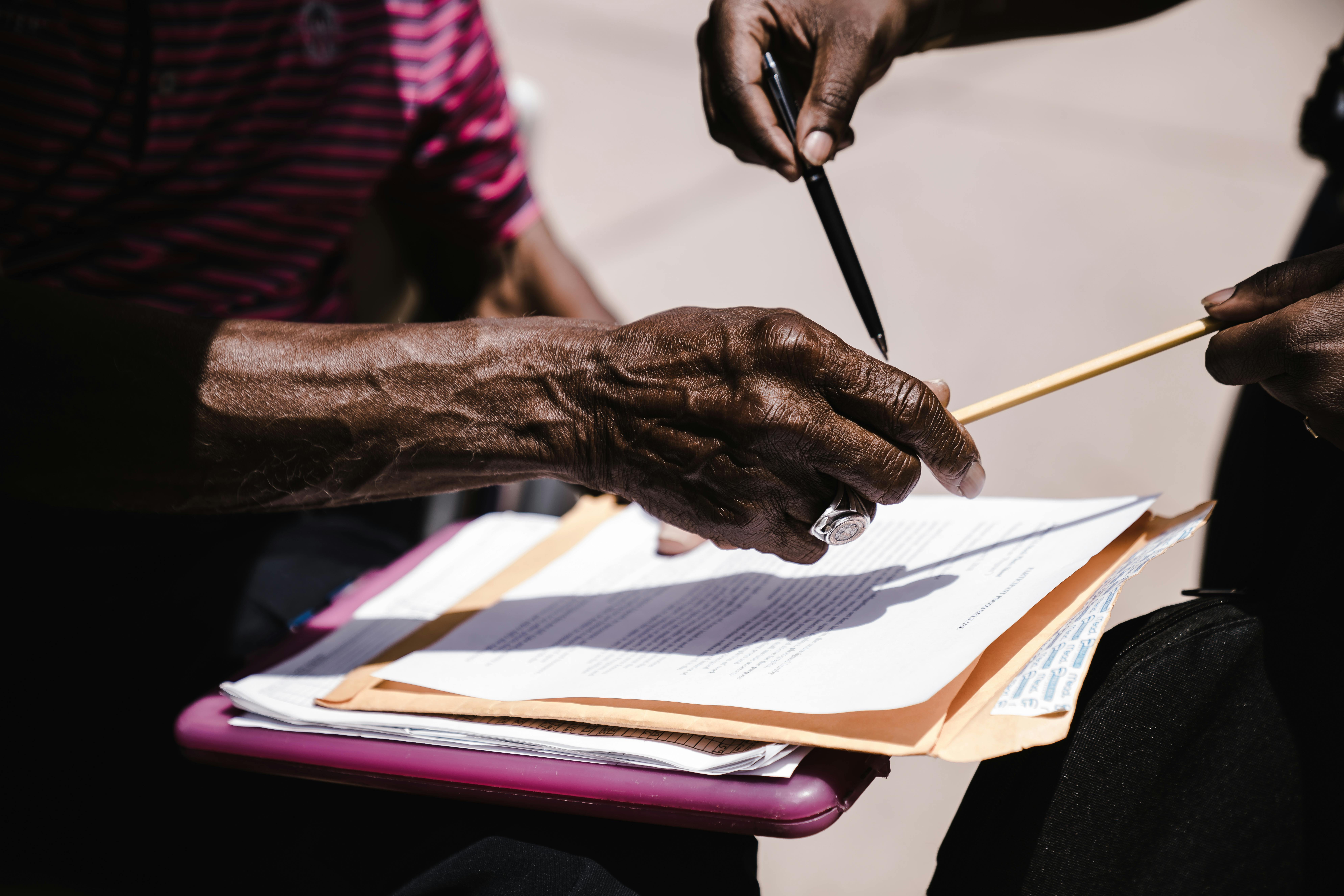Volunteer feedback is a great way to measure how awesome your volunteer program is. They can help you understand how satisfied, engaged, and successful your volunteers are so you can make improvements.
In this article, we'll show you how to use surveys and interviews to get the feedback you need to make your organization even better. We'll also give you tips on crafting survey questions and analyzing your data. Get ready to unlock the power of volunteer feedback to make sure your program is always running like a well-oiled machine!
Why is volunteer feedback important?
Remember, volunteering isn't just free labor. They have opinions and feelings that should be taken into account. So make sure to get feedback from volunteers to make everyone's experience even better.
Signals to the volunteers that you care about them
Did your volunteers experience an obstacle that could've been avoided? Was there a need that can be fulfilled at the next event? You might not know if you don't ask and if you don't ask, your volunteers might feel like you don't care about them.
You can use their feedback to figure out how to make your volunteer program even better - and if you get lots of positive feedback, it's a sign that you're doing a great job! Getting not-so-great feedback is an opportunity to show up for your volunteers.
Communicates that you value their input
Volunteers are the people who take the time and energy to contribute to your nonprofit.
When you ask for their feedback, you're letting them know that you value their time and their opinion and that you care about making your events even better. Plus, it helps make them feel like an important part of the team!
Illuminates what works and what doesn't
Volunteer feedback helps you know whether or not your program is working well for everyone. It's a great way to gauge satisfaction and pinpoint areas that need improvement. Make sure you ask the right questions and tailor the approach to your needs, so you can get a solid understanding of your volunteers and their experiences.
What is the best way to gather volunteer feedback?
Gathering feedback from volunteers is key to running a successful volunteer program. It's a great way to figure out what works and what doesn't and to understand what motivates and engages volunteers. To do this, you can use surveys, interviews, or focus groups.
Surveys are a great option if you want to quickly get data from lots of volunteers. Interviews and focus groups are great for getting more in-depth insights. No matter what method you choose, make sure you're asking the right questions and analyzing the responses properly - this will help you make the most of the results and create an even better volunteer program!
Launch a survey, both online and in person
Surveys are a quick and simple way to garner feedback and can be done either on paper or online. Paper surveys are best when the volunteers are on site while online surveys are great to capture insights after everyone’s left the event.
To avoid survey fatigue, consider using some form of these questions in your surveys:
- What was your overall impression of the experience?
- How fulfilled did you feel after volunteering?
- Would you suggest our volunteer opportunities to those you know?
- Do you feel appreciated as part of our organization?
- Are you likely to volunteer with us again?
- What motivated you to volunteer with us?
- Do you think your volunteer work is meaningful?
- What improvements could our organization make to better support you as a volunteer?
- What brought you to our organization?
- What is your opinion on how easy it was to find and register for a volunteer position?
- Are there any changes we can make to make your registration process smoother?
Many of these questions can be answered using a multiple-choice format which minimizes survey fatigue.
Conduct volunteer interviews and focus group feedback sessions
Interviews and focus groups are great ways to capture long-form responses that aren’t suitable for surveys. Oftentimes, people aren’t interested in writing an 800-word feedback essay but are willing to talk about their experiences for 3 to 5 minutes, more than enough time to share 800 words.
Be sure to ask open-ended questions giving your volunteers the opportunity to give thorough and unfiltered feedback. Though focus groups can help get a lot of feedback from multiple people at the same time, it could leave your volunteers susceptible to groupthink. Consider pulling 2 or 3 people from the survey or focus group for a separate, 1-on-1 interview.
Use Civic Champs to gather and analyze feedback
Gathering feedback from volunteers is one of the best ways to improve your program and make it successful in the long term. Surveys are a great tool to use for this - they make it easy for volunteers to give honest feedback without worrying about being judged. Interviews and focus groups are more accessible approaches to getting long-form feedback.
With Civic Champs activity log, you can track and analyze volunteer's reflections over time. Use this to quickly see which volunteer events are the most engaging and monitor how your volunteers feel about their contribution as time passes. Which method are you going to try first?

As CEO of Civic Champs, I lead our team of passionate change leaders to create technology solutions to create a seamless and rewarding volunteering experience for both volunteers and service organizations.

%20(72).webp)


